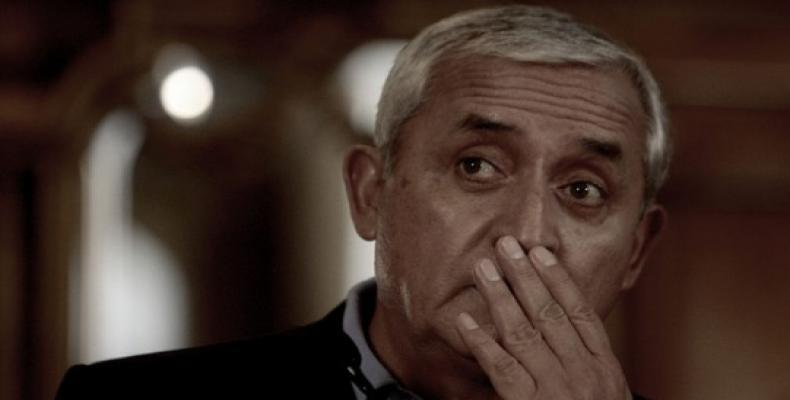In Guatemala, outrage over two corruption scandals has fueled marches since the end of April, when an international prosecutors’ panel, backed by the United Nations, that has been working with the attorney general’s office, uncovered a scheme to charge lower customs duties in return for bribes.
Pressure from the protesters in Guatemala led to the resignation in May of Vice President Roxana Baldetti, whose top aide has been charged in the customs bribery case and remains a fugitive. Mr. Pérez Molina also shook up his cabinet, removing several ministers.
The second case, which emerged in late May, involved a $15 million contract for dialysis at Guatemala’s social security institute that was awarded to a company with no experience, prosecutors said, in exchange for a bribe. They said faulty care has led to the deaths of at least five patients.
Among those accused in the case is Juan de Dios Rodríguez, the president of the social security institute and the president’s former private secretary.
The institutional crisis currently affecting Guatemala after the disclosure of these two grave cases of corruption has entered its most acute phase now that the country’s Supreme Court of Justice has unanimously adopted the decision to launch a judicial process against President Otto Pèrez Molina himself, whose fate is now in the hands of the nation’s Congress.
The President is a Retired General of the Guatemalan Army and was a commanding officer during an internal armed conflict in an area where numerous crimes were committed against the local population.
So far, the Guatemalan President had managed to avoid the accusation of brutal violations of human rights in the area under his command but it appears that he will not be able to avoid a judicial action against him like that already targeting vice president Roxana Baldetti.
The Guatemalan judicial court has accepted the demand by deputy Amilcar Pop, a member of one of Guatemala’s leading indigenous groups, to indict the country’s President, and the court has requested Parliament to rule on removing the immunity enjoyed by the President.
This is the first time that in modern times that a Guatemalan President has been investigated by Congress and this case has encouraged current demands that President Molina be indicted, just as his vice president has been.
The situation is obviously delicate for the Guatemalan head of state, who has now been isolated by his political affiliation, the Patriot Party, an organization that is crumbling under the weight of the scandal, and which has already lost its majority in Parliament.
Less than three months remain before the General elections in Guatemala, on September sixth, when the majority of the 158 members of Parliament are seeking reelection.
The President is now a grave danger since those candidates are distancing themselves from him.
But many in Guatemala think that the posible resignation of the President would be a step towards the solution of the grave problems afflicting the nation.
Many Guatemalans want a profound structural reform of the political system, including the sanitization of Parliamentary decisions and the laying of the foundation of a new institutional architecture, including a system of social and popular control over the institutions and their elected members, and seeing the country, once again, on the road to democracy and development.
The new scandal has laid bare the inefficiency of the current system and, hopefully, can steer the nation towards a truly democratic and popular government that will satisfy the aspirations of the majority of Guatemalans.


